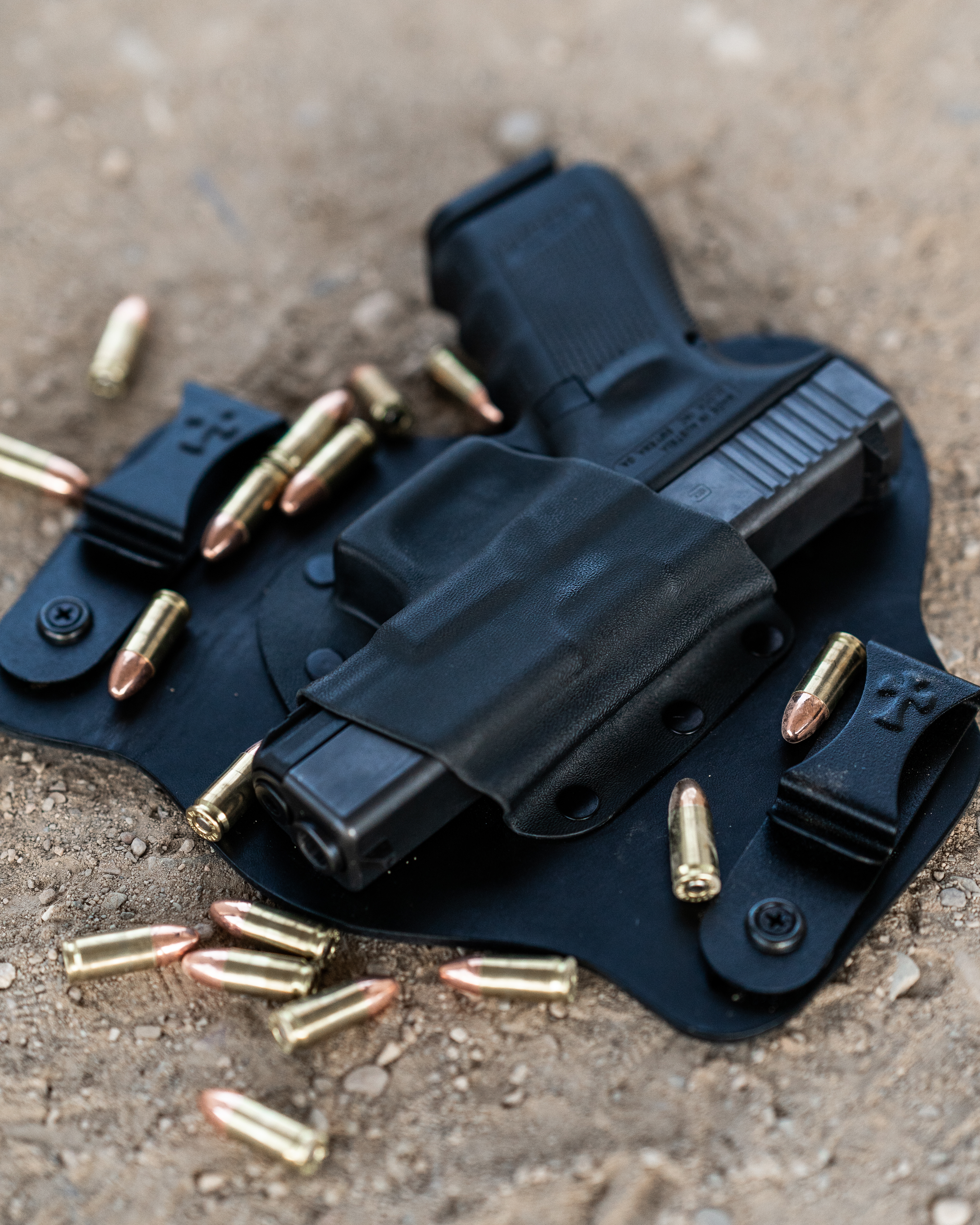
If you are new to firearms or looking to purchase your first self-defense handgun, you’ve undoubtedly wondered, “Which caliber is best?” We’ve got the answer!
Caliber is basically the terminology used to label a specific model gun that uses a particular round. It is typically determined by the dimensions of either the gun’s barrel or the bullet (not the cartridge).
Search the internet with the question “Which caliber gun should I buy?” and you’ll probably find more results than you can read, much less comprehend. Ask your neighborhood “gun guy” and you’ll probably kick-start a debate the likes of which you have never seen. But if you ask me, I’ll give you a much simpler answer.
The one you shoot best.
What Conflicts Shooters About Caliber?
The debate over which caliber is best, especially for self-defense, has probably been going on since the second musket was made. Now don’t get me wrong, the argument does have some validity. Based on ballistics, penetration and even cost, some calibers do make more sense than others.
You wouldn’t want to depend on a round that is clearly underpowered or costs so much per round you can’t afford to practice. But others are based solely on personal preference or parroting what they heard some expert say.
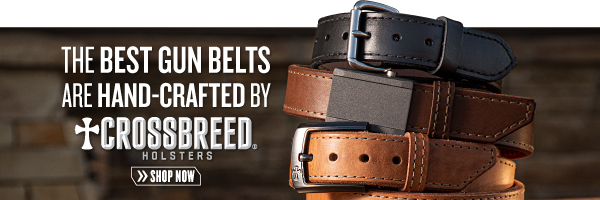
The Basics
Obviously, you want a proven reliable round. I wouldn’t suggest relying on an experimental round or those you found when cleaning out grandpa’s WW2 trunk. You also want a round capable of putting down the threat you expect to encounter.
For example, if you are hiking in bear country the debate over 9mm or .40 caliber is a waste of time as BOTH are probably too small. Otherwise, the answer is a matter of personal preference more than anything else. So, with this in mind, my suggestion is to choose the round you can shoot best.
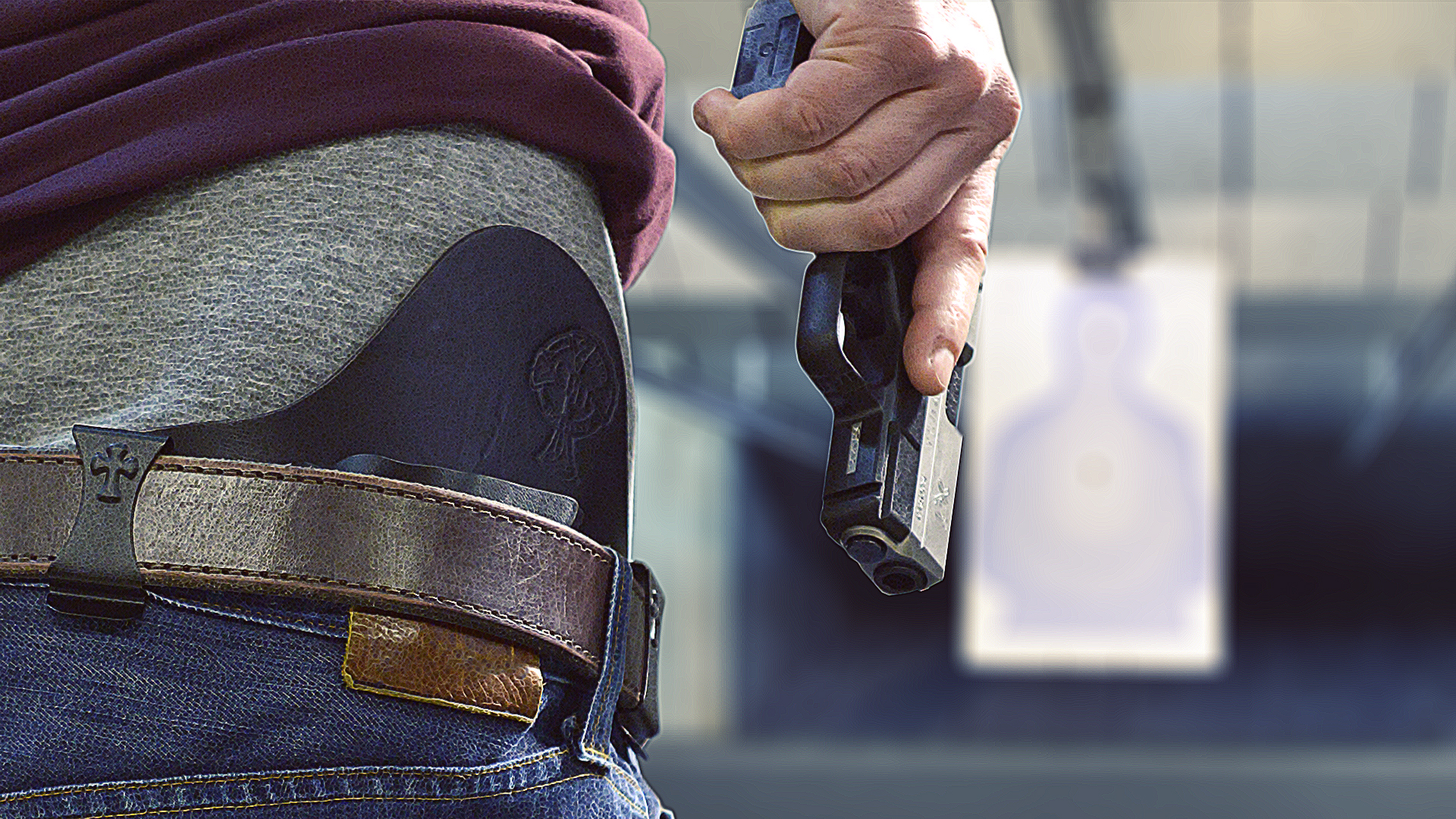
What it Comes Down to: Stopping a Deadly Threat
Sometimes, just having a firearm will accomplish that, since smart criminals prefer soft targets and may be inclined to flee once they realize you’re armed. Other times, the threat will only be stopped by using the firearm. If this happens, you must be able to hit your target. Not only do you need to hit it, you need to do so repeatedly and accurately until the threat stops.
Having a firearm that is too big or too powerful for you to effectively handle will have a negative impact on both your ability to shoot and your accuracy. When this happens, you put yourself in danger, you put bystanders in danger and you negate the purpose of having a firearm to begin with.
Other Uses
Of course, self-defense is just one of the many things bullets are used for. Hunting various-sized game, plinking, firearms training classes, eliminating varmints – we use bullets many other things as well.
To help determine what to use in those instances, this handy-dandy chart should help:

Personal Decision
When it comes down to it, most modern handgun rounds provide the stopping power necessary for self-defense. Yes, some work better in specific scenarios such as through a door or automobile windshield glass, but in the average gunfight, it comes down to two things: who makes the most holes in the other guy first.
Having a caliber that fits you and allows you to shoot better will increase your chances of being the one who does this.
ABOUT THE AUTHOR:

Nathan Engelking is a husband, father, and friend who was raised to respect gun safety, grew an appreciation of conservation through hunting, and taught the importance of hard work and a healthy sense of humor.
An approachable marketing authority in the firearms industry, Nathan worked his way through training courses both on and off the range to become CrossBreed’s Executive Vice President of Marketing or BMOC as his employees refer to him.
When he’s not traveling to shows or keeping the office humming, Nathan loves traveling, spending time with family and friends, and playing with his Post Malone bobblehead.
![]() You may also enjoy these popular articles:
You may also enjoy these popular articles:

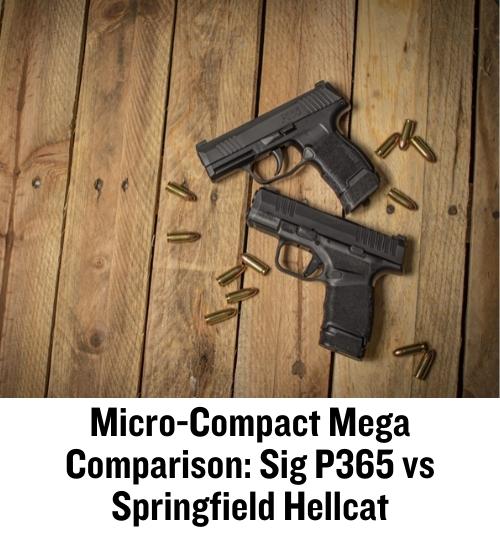

©MTC Holsters, LLC and CrossBreed Holsters Blog, 2020.
Unauthorized use and/or duplication of this material without express and written permission from this site’s author and/or owner is strictly prohibited. Excerpts and links may be used, provided that full and clear credit is given to Nathan Engelking and the CrossBreed Blog with appropriate and specific direction to the original content.
![]()
TAKE OUR ONLINE SURVEY NOW!


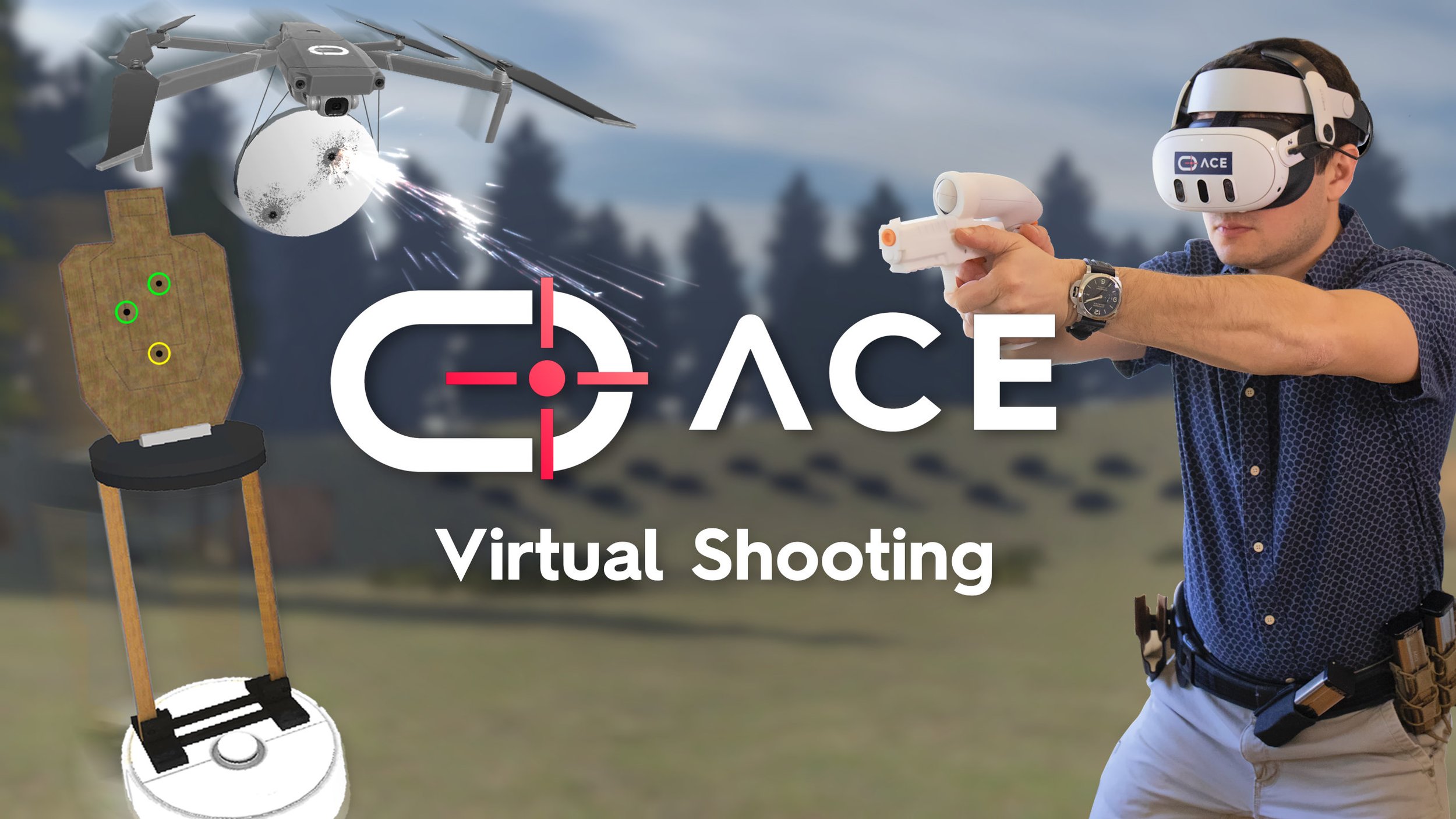
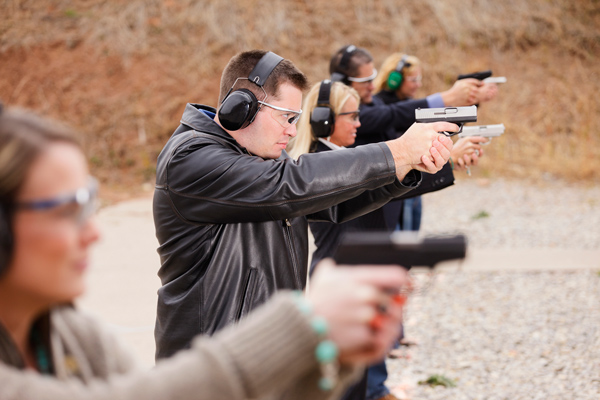
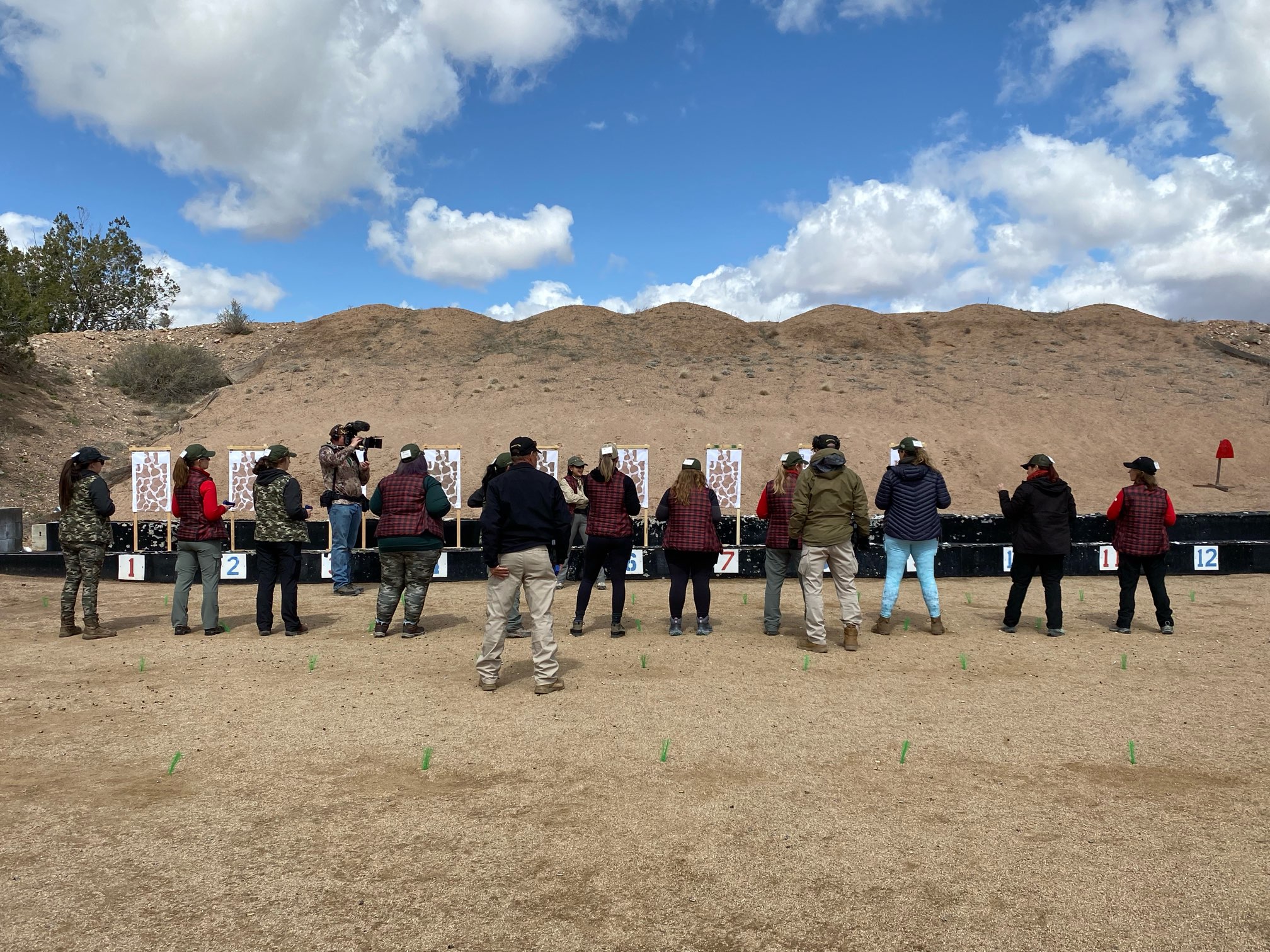
March 14, 2024
I own two Springfield Armory .45s and an Sig P220 and I think the P220 is superior to the Springfields in every way. Accuracy, recoil, as well as overall feel are just fantastic. I am 68 years old and have been shooting since I was 10. I think that the design of the P220 absorbs a lot of the recoil and reduces muzzle rise. I love the D/A feature that is smooth with a crisp trigger break. Mine is an early German made model. A truly well made weapon.